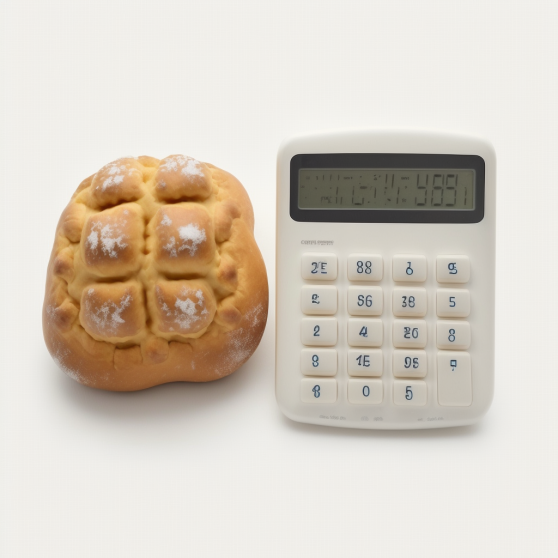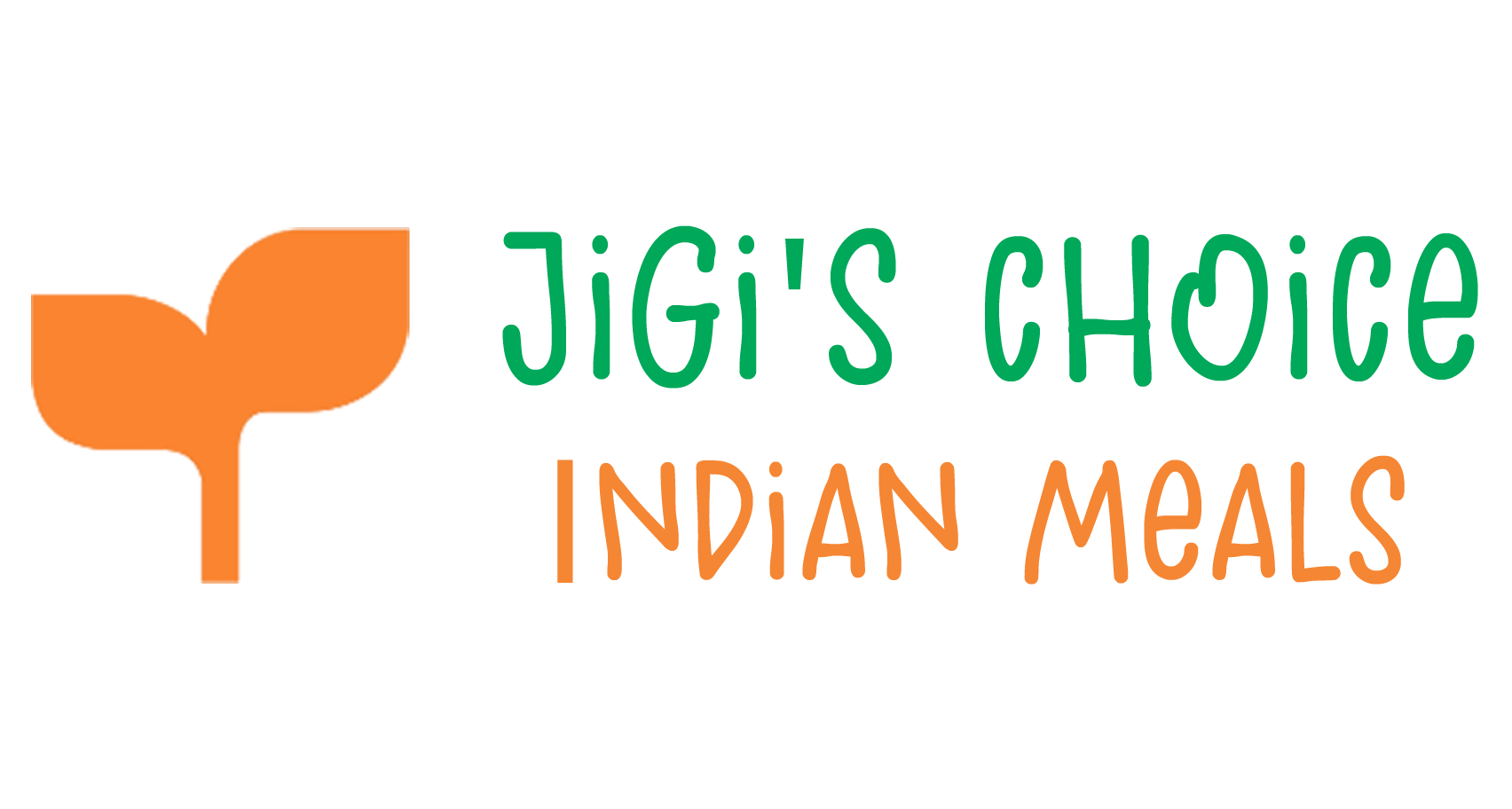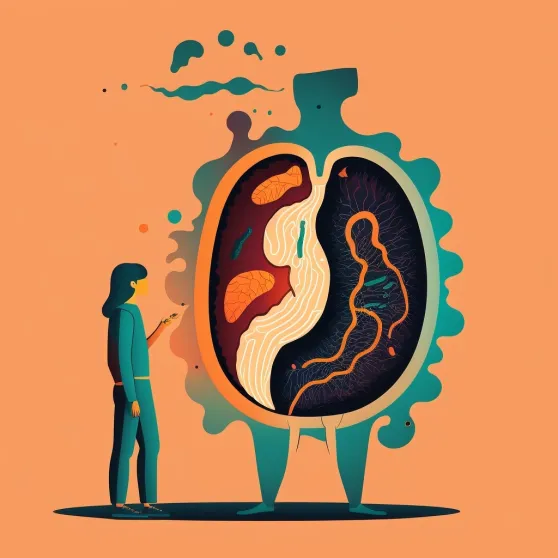Calorie Management: A Comprehensive Guide to Understanding and Managing Your Calorie Intake for a Healthy Lifestyle

When it comes to managing your diet and maintaining a healthy lifestyle, understanding calories is crucial. Calories are a measurement of energy, and they play a fundamental role in our daily lives. They are the fuel that keeps our bodies running, and our calorie intake determines whether we gain or lose weight.
At Jigi’s Choice Indian Meals, we understand the importance of calorie management and healthy eating. We are committed to providing our customers with home-cooked Indian meals made from scratch every day, using all-natural ingredients. Our daily meal delivery service is available for pre-order and daily delivery in the Tampa, FL area.
Understanding Calories
Calories are units of energy that come from the food and drinks we consume. They are essential for our bodies to function properly and to perform physical activities. The number of calories we need depends on various factors, including age, gender, weight, height, and activity level.
To understand how calories work, it’s important to know that our bodies require a certain amount of energy to function. This energy is measured in calories. When we consume more calories than our body needs, the excess calories are stored as fat, leading to weight gain. On the other hand, when we consume fewer calories than our body needs, we create a calorie deficit, which leads to weight loss.
Body mass index (BMI) is a measurement that determines whether a person is underweight, healthy weight, overweight, or obese. It is calculated based on a person’s height and weight. Knowing your BMI can help you determine the number of calories you need to maintain a healthy weight.
Not all calories are created equal. Some foods are more nutrient-dense, meaning they provide more essential nutrients per calorie. Other foods are high in calories but low in nutrients, known as empty calories. Examples of high-calorie foods include fast food, processed snacks, sugary drinks, and alcohol. Examples of low-calorie foods include fruits, vegetables, whole grains, and lean proteins.
To maintain a healthy weight, it’s important to balance the number of calories you consume with the number of calories you burn through physical activity and daily life functions. This is known as energy balance. To achieve energy balance, you can either reduce your calorie intake or increase your calorie expenditure through exercise and physical activity.
Calorie counting and portion control are effective strategies for managing calorie intake. By tracking the number of calories you consume, you can ensure that you are within your daily calorie limit. Portion control is also important, as it helps you consume fewer calories without feeling deprived.
Body Mass Index (BMI) and How to Calculate It
Body mass index (BMI) is a widely used measurement for determining whether a person is underweight, healthy weight, overweight, or obese. BMI is calculated by dividing a person’s weight in kilograms by their height in meters squared. A healthy BMI range is between 18.5 and 24.9.
Knowing your BMI can help you determine the number of calories you need to maintain a healthy weight. If your BMI is above the healthy range, reducing your calorie intake and increasing your physical activity can help you achieve a healthy weight.
How Many Calories Should You Eat?
It’s important to understand how many calories your body needs to maintain its current weight, as well as how many calories you need to consume in order to lose weight. Your daily calorie needs depend on various factors such as your age, gender, weight, height, and level of physical activity.
The average adult needs around 2000-2500 calories per day to maintain their weight. However, this can vary based on individual factors.
To lose weight, you need to create a calorie deficit, which means consuming fewer calories than your body burns each day. A safe and sustainable rate of weight loss is 1-2 pounds per week, which requires a calorie deficit of 500-1000 calories per day.
As we age, our bodies require fewer calories to maintain our weight. For example, a sedentary woman over the age of 50 may only need around 1600 calories per day, while a sedentary man over 50 may only need around 2000 calories per day.
Managing Calorie Intake

Calorie counting and portion control are important tools for managing your calorie intake. It’s also important to focus on consuming nutrient-dense foods, which provide essential vitamins, minerals, and macronutrients while avoiding empty calories.
Macronutrients, such as carbohydrates, proteins, and fats, provide the energy your body needs to function. Micronutrients, such as vitamins and minerals, are also essential for overall health and well-being.
Foods that are nutrient-dense provide more essential nutrients per calorie, while empty calories provide little to no nutritional value. Examples of nutrient-dense foods include fruits, vegetables, whole grains, lean proteins, and healthy fats. Examples of empty calorie foods include sugary drinks, desserts, and processed snacks.
Fad diets often promise quick and drastic weight loss, but they are not sustainable or healthy in the long-term. Healthy weight loss involves making lifestyle changes that you can maintain over time, such as focusing on nutrient-dense foods, portion control, and regular exercise.
Boosting Metabolism and Calorie Expenditure
Boosting your metabolism can help you burn more calories throughout the day, even when you’re not exercising. Regular exercise and physical activity are also important for maintaining a healthy weight and reducing the risks of obesity-related health issues.
Some ways to increase your metabolism include eating enough protein, staying hydrated, getting enough sleep, and engaging in regular physical activity.
Regular exercise and physical activity can help you burn calories, build muscle, and increase your metabolism. Aim for at least 150 minutes of moderate-intensity exercise per week.
A sedentary lifestyle, where you spend much of your day sitting or lying down, can increase the risks of obesity and related health issues. It’s important to incorporate regular physical activity into your daily routine and reduce the amount of time you spend sitting.
Managing your calorie intake is important for maintaining a healthy weight and reducing the risks of obesity-related health issues. Focus on consuming nutrient-dense foods, practicing portion control, and engaging in regular physical activity. Jigi’s Choice Indian Meals provides home-cooked Indian meals made with all-natural ingredients, promoting healthy eating and sustainable weight loss.






